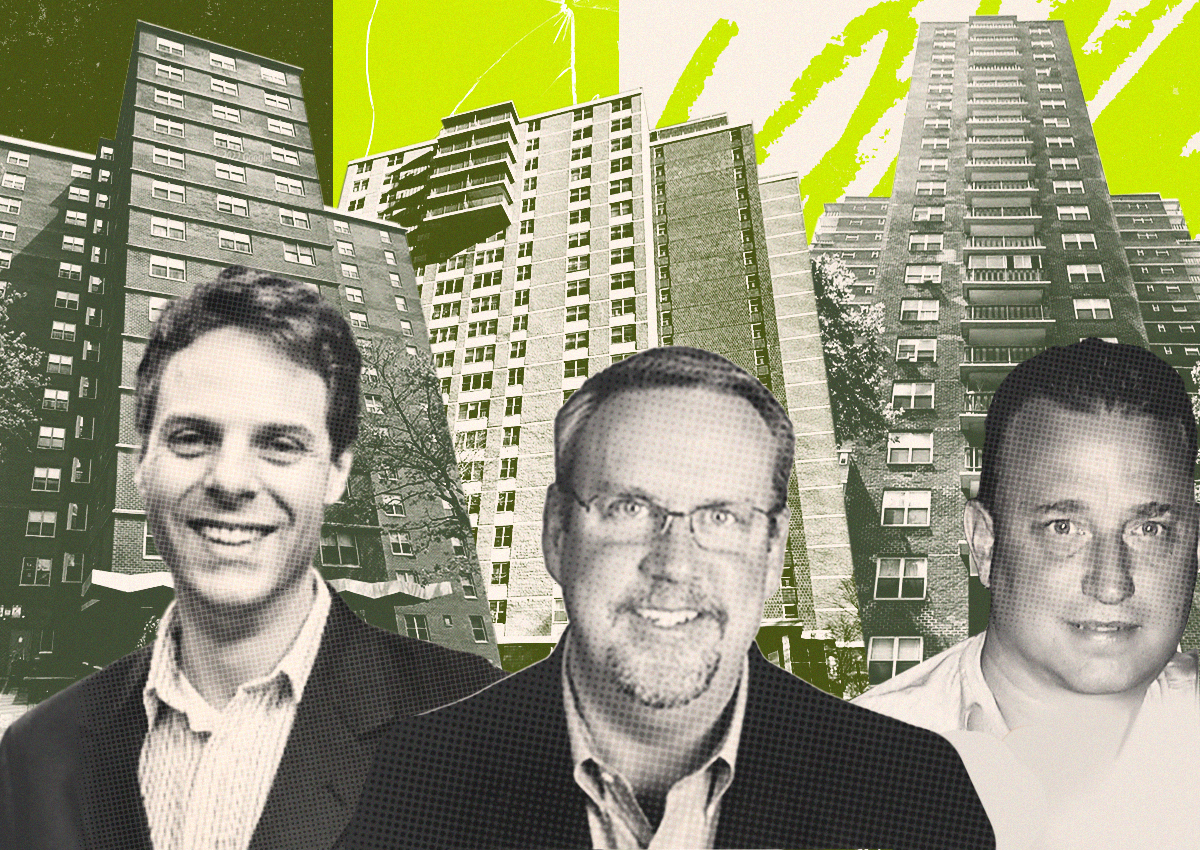Fears of Local Law 97’s effect on New York City building owners appear unfounded so far, though the rubber has yet to hit the road.
Only 11 percent of buildings aren’t on track to meet the standards of the city’s landmark carbon emissions rule, Bloomberg Law reported. A preliminary review was conducted by the city’s Department of Environmental Protection.
The city expected a much higher lack of compliance for the measure’s initial period, running from next year through 2029. The forecast of noncompliance was 20 percent. Supporters of Local Law 97 are using the new data to rebut the real estate industry’s persistent claims that building owners need more leeway to comply with the statute.
“This shows that the law is having its desired effect, that building owners are finding the resources and the technologies to come into compliance, and that they are taking it seriously,” DEP commissioner Rohit Aggarwala said.
Still, the takeaway should be taken with a grain of salt, as the city is judging compliance against its own expectations.
Local Law 97’s aim is to reduce greenhouse gas emissions across city buildings by 40 percent by 2030 and 80 percent by 2050.
At the start of the year, the Real Estate Board of New York commissioned a study that found more than 3,700 properties could be out of compliance when the law kicks in, potentially costing up to $200 million for building owners next year alone. As penalties worsen in 2030, the study found property owners could be on the hook for $900 million annually; multifamily owners are expected to bear the brunt of that, due to a lack of resources.
REBNY senior vice president Zachary Steinberg seemed encouraged by the preliminary review, but wanted the group to have time to review the city data before fines are imposed. City Council member Vickie Paladino recently introduced a bill to delay penalties by seven years, although the move is more of a statement than a realistic attempt to amend the law. Paladino is a far-right Republican in a Council dominated by Democrats.
A lingering concern from the preliminary review of the law is its effect on disadvantaged communities, where a large share of the noncompliance exists. Experts are concerned fines could be passed along to tenants via increased rents.
There are provisions in the laws for buildings making an honest effort to comply, however, even if they fail to do so immediately. Draft regulations are expected in the coming weeks, according to Aggarwala.
— Holden Walter-Warner
Read more



